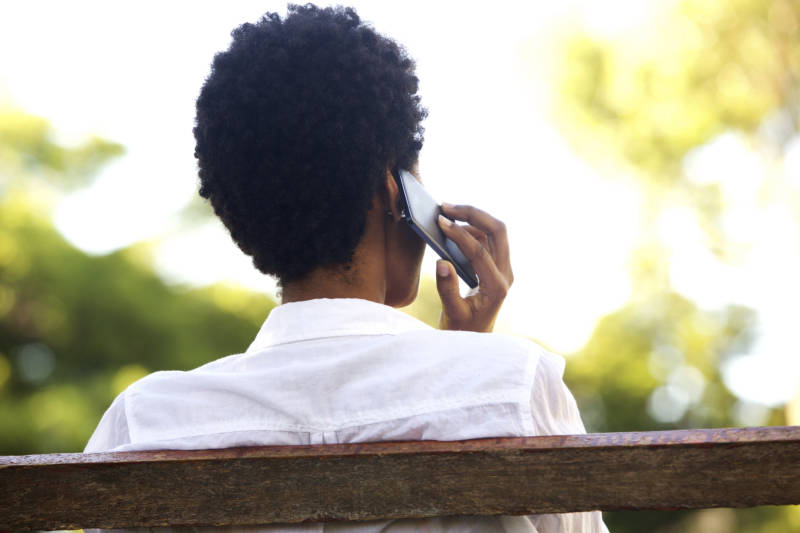But some went by names like Amy Roberts and Bobby Carpenter. And others went by Latoya Johnson and Darnell Thomas.
“Race was signaled through name and accent,” Kugelmass explained. “And then class was cued through vocabulary, grammar, and accent.”
For example, a middle class white caller said things like, “I’m becoming concerned because I can’t get going in the morning, and it takes a lot of effort to deal with people at work.”
While a working class black caller said, “I just be feeling down and annoyed at work all the time. Now I can’t even sleep right and that ain’t no good.”
Kugelmass said the overall response rate was low, which is similar to findings of a recent KQED survey of San Francisco psychologists.
But the disparities in who the therapists called back were “striking,” Kugelmass said. One out of two middle class white callers got a response, while one in three working class black callers did.
Previous research has shown that psychotherapists have a preference to treat clients they perceive to be verbal, intelligent, and “psychologically minded,” in other words, people who are like them. Another study found that psychiatrists perceive black patients as “less articulate, competent, [and] introspective” compared to white patients.
Kugelmass says her results suggest the therapists contacted for her study – all of whom held doctoral degrees and operated a solo practice – could be turning down potential patients based on unconscious biases or stereotypes.
“These white middle class, or upper middle class, therapists are probably reluctant to embark on what can be an intimate, potentially long-term relationship with someone that they feel they can't relate to,” Kugelmass said.
The biggest disparity found in the study appeared with weekday evening appointment times – the most coveted slots in therapy.
Of all the calls placed by middle class white women asking for that slot, 20 percent resulted in an appointment offer for a weekday evening. That compares to just one percent of calls placed by working class black men resulting in an evening appointment offer.
“If the magnitude of discrimination against working class men in the study translates to what is happening in the real world,” Kugelmass said, “then they’re facing a virtually insurmountable barrier to getting care from the types of therapists who were investigated here.”
She said she hopes psychotherapy training programs, professional associations, and insurers will take her findings seriously and find a way to address them in practice.
To read more about barriers to mental health care in California, check out KQED's series, State of Mind.
